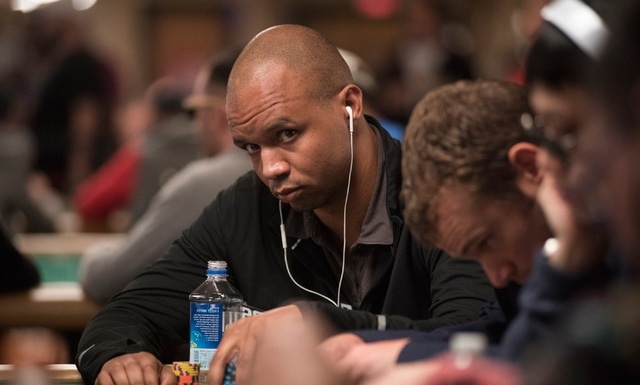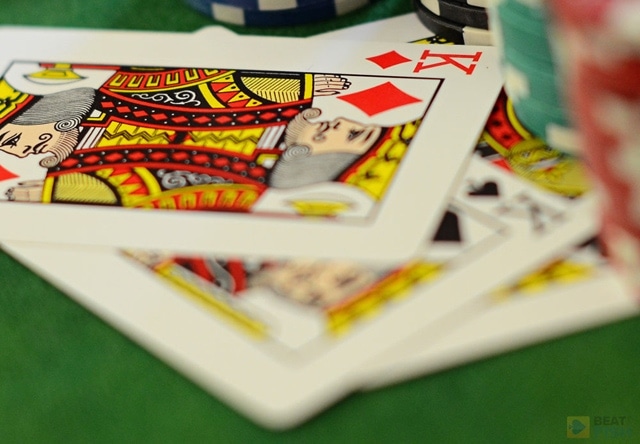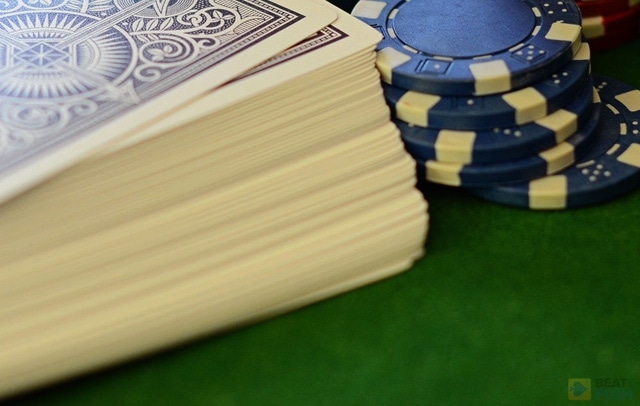
Phil Ivey’s battle to recoup his baccarat winnings from London’s Crockfords Casino has come to an end, but with the result that the high-roller isn’t happy about. Namely, the UK Supreme Court has confirmed decisions by the lower instances, confirming Mr. Ivey won’t be getting any of his £7.7 million winnings from five years ago.
Carefully planned sting?
Ivey and his legal team have already been through several steps, the latest one being the appearance before the Court of Appeal. The court turned down Ivey’s claims, supporting the casino in their decision to refuse payment based on the fact that the high-roller and his partner, Cheung Yin Sun, used the technique known as edge sorting to gain the upper hand.
To remind you, back in 2012, Ivey and Sun visited Crockfords Casino for some high-stakes punto banco (baccarat) sessions. Over the course of these sessions, the duo won £7.7 million. However, the casino refused to pay any winnings, accusing Ivey of cheating. It later became known that Ivey did, indeed, used edge sorting to improve his odds.
However, the poker legend maintained what he did could not be classified as cheating.
The Supreme Court doesn’t seem to see thing Ivey’s way, however, as Lord Hughes, one of the justices, described what took place as a carefully planned and executed sting.
An Honest Cheat?
One of the biggest points Ivey’s team was making about the case was the question how it was possible to have an “honest cheat?” This question related to an earlier court decision, where the judge deemed Ivey to be a truthful witness and concluded that his actions were grounds for the refusal to pay, but not cheating as such.

The Supreme Court cleared this up, confirming that Ivey’s behavior was, in fact, dishonest. Justices maintained that punto banco, as such, is a purely random game, and it is necessary to keep it as such to keep things fair. What Ivey did changed the premise of randomness.
Genting Group Happy
Genting Group, the owner of Crockfords Club, were happy that the Supreme Court confirmed previous decisions. Furthermore, they expressed the satisfaction with the fact that justices cleared up the air on the whole “what constitutes cheating” issue.
Genting’s President Paul Willcock explained that this decision will have an important impact on the overall gambling industry. Of course, he was pleased that the court didn’t find anything wrong with Crockfords’ decision not to pay Mr. Ivey and decided that whether Ivey believed his actions to be honest or not had no bearing on the case.

Things not looking bright for Ivey
For Ivey, this was the last legal resource in the UK, so it is now clear that he won’t be getting any of that £7.7 million win. At the same time, he is on the line for $10.1 million in a similar case against Borgata casino. In this instance, the casino is requesting Ivey to return his baccarat winnings that had already been paid out. The high-roller has already lost his first legal battle, so things aren’t looking particularly rosy at the moment.







